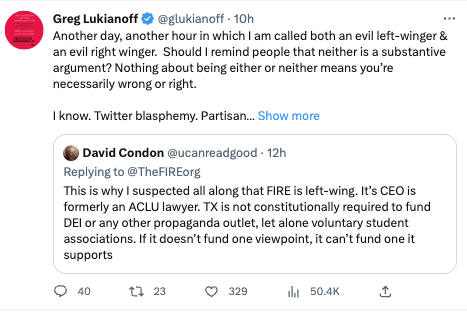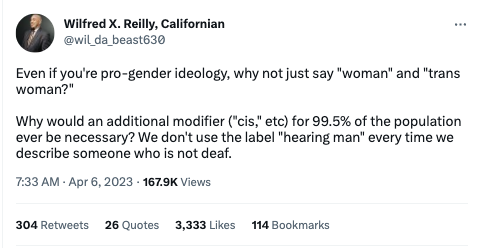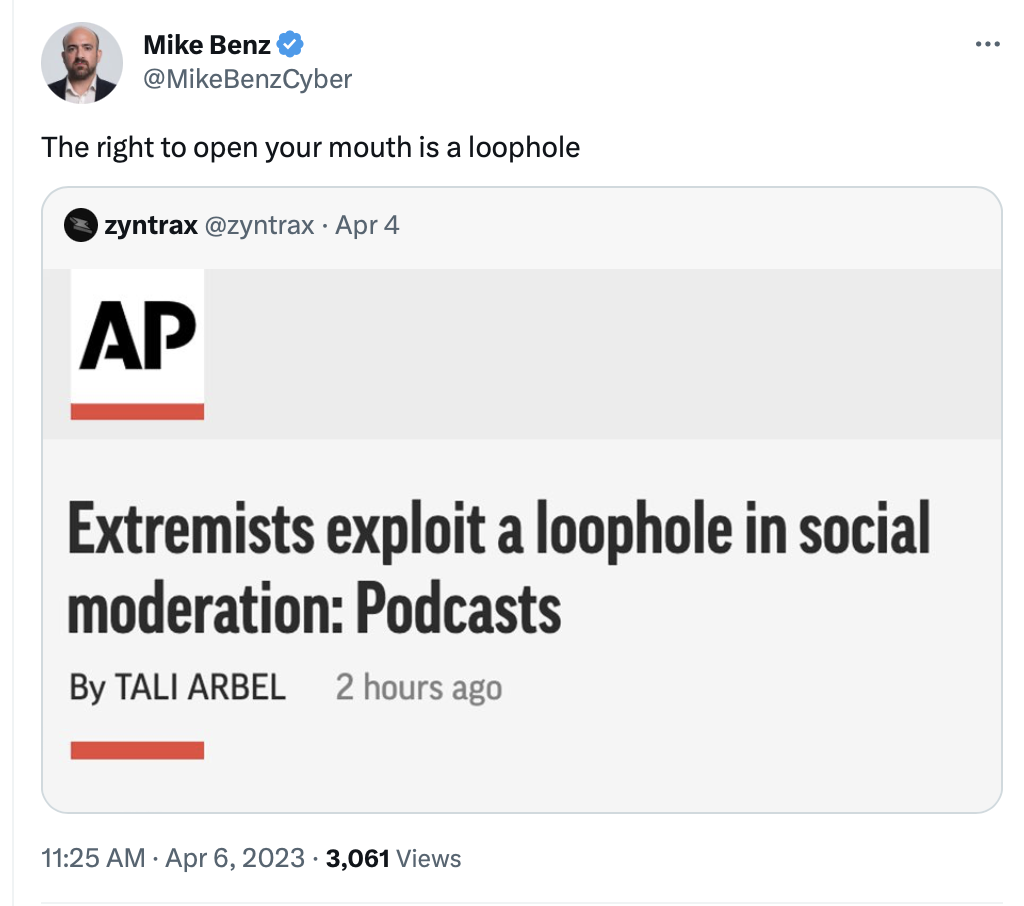Some Trangender Activists (TRAs) claim that it makes sense to claim that some people are "born in the wrong body" because, e.g., some girls have "male" brains. Christina Buttons explains her disagreement in an article titled "Debunked: The Transgender 'Brain Sex' Argument."
The "brain sex" argument is based on the idea that there are differences in brain structure and function between males and females that are influenced by hormones and genetic factors. Advocates of this argument argue that these differences can also be seen in the brains of transgender individuals and that these differences may contribute to the development of a “gender identity” that is different from their natal sex.
Progressive media outlets have glommed onto this narrative and published dozens of articles asserting that “transgender people are born that way” and “science proves trans people aren’t making it up.” But also, mainstream media like CNN, the New York Times, Newsweek, the Telegraph and scientific sources like Nature and Scientific American have repeated this misinformation.
Here’s why it's wrong
The majority of the studies on the “transgender brain” have a fatal flaw: they didn’t control for confounding variables like cross-sex hormone use and, most importantly, sexual orientation. When a study doesn't control for confounding variables, it means that the researchers did not take into account other factors that could have affected the results of the study, which make it difficult or impossible to determine whether the relationship between the two variables being studied is truly causal or a byproduct of other unrelated factors.
Buttons sets forth several specific reasons, including this one:
If “gender identity” were solely biologically ingrained, it would conflict with the fact that gender dysphoria has been observed to resolve spontaneously or through psychotherapy at various ages. As we know from the growing population of detransitioners and a large body of research on desistance in children, transgender identities are not necessarily fixed. Currently, there is no brain, blood, or other objective test that distinguishes a trans-identified from a non-trans identified person.





